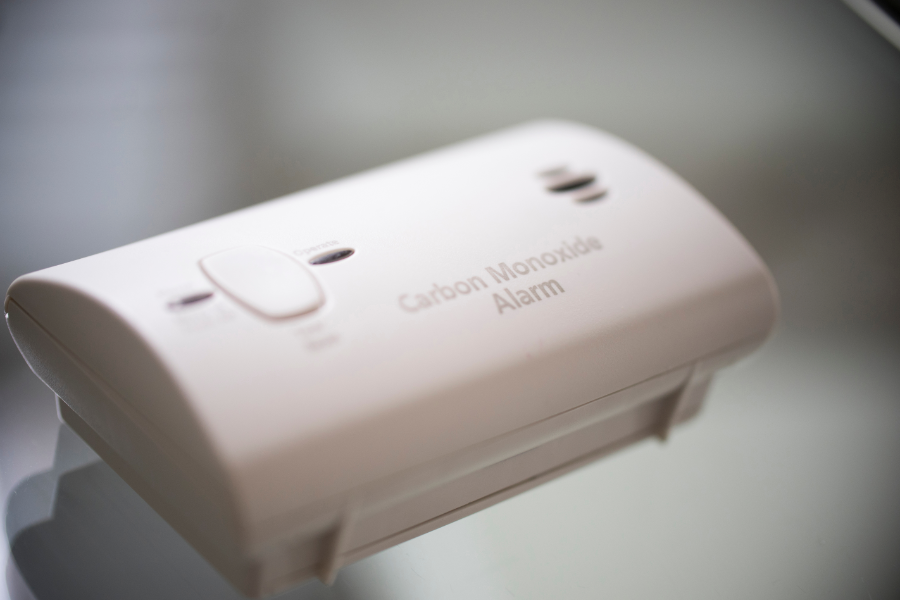
Carbon monoxide alarm regulations to be extended
Carbon monoxide alarms (commonly known as CO alarms) will continue to be compulsory for private landlords with the introduction of the Smoke and Carbon Monoxide Alarm (Amendment) Regulations 2022 on October 1st.
The new legislation follows the Smoke and Carbon Monoxide Alarm (England) Regulations 2015, which required private landlords to install smoke alarms on every storey of each property, as well as at least one CO alarm in every room with a “fixed combustion appliance”.
Under the new rules, the previous exemption for landlords of social housing is removed, which is likely to mean a significant increase in the number of properties that fall within the scope of the smoke alarm and carbon monoxide alarm requirements.
What do I need to do?
If you think you are a landlord affected by the legislation, you must take reasonable steps to install and maintain smoke alarms and CO alarms in the properties you rent out, whether they are privately rented or social housing.
Envin Scientific’s gas monitoring & control products have several options suitable for this, including fixed-position carbon monoxide detectors that can be permanently installed in each affected room of your properties.
CO alarms should be fitted in an appropriate position in the room, to ensure they provide an accurate measure of any carbon monoxide present in the air.
If you have existing tenants, you should contact them to arrange access and keep records of your efforts. Tenants who refuse access do so at their own risk, but you should install alarms at the next available opportunity, such as at the end of their tenancy.
Requirement to repair or replace CO alarms
If a smoke alarm or CO alarm is found to be broken, it is the landlord’s responsibility to repair or replace it to correct working order.
The government’s guidance on this suggests that if an alarm is not working correctly, the tenant should first replace the battery – an indication that a simple battery change is not the landlord’s job.
However, if a new battery does not appear to work, then the tenant should inform the landlord so that the alarm can be repaired or replaced.
If you find faulty CO alarms in any of your properties, please contact Envin Scientific and we will be happy to advise on replacing the CO sensor or the entire detector unit, as appropriate.
What if I don’t comply?
Enforcement of the newly extended rules falls on local authorities, who have the power to fine landlords up to £5,000 for failure to comply.
The rules do not specify what type of CO alarm you should install, but the government gives the following guidance:
“Landlords should make an informed decision and choose the type of carbon monoxide alarms based on the needs of their building and their tenants, and that those alarms are compliant with British Standards BS 50291.
“Where battery-powered alarms are selected, alarms with ‘sealed for life’ batteries rather than alarms with replaceable batteries are the better option.”
If you need any help choosing the correct type of CO alarm for rented accommodation, get in touch with Envin Scientific today and we’ll be happy to help.

